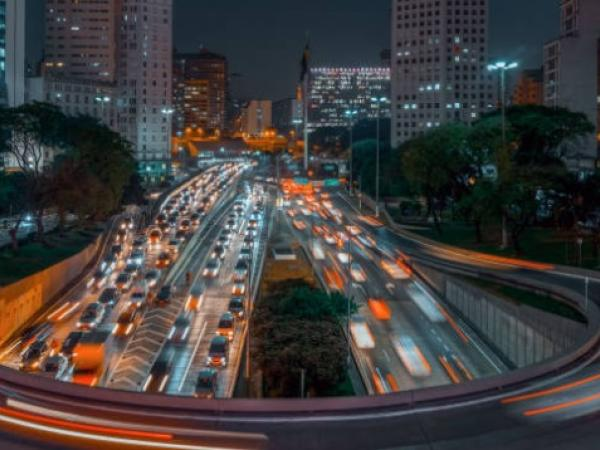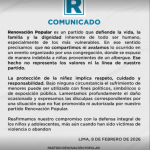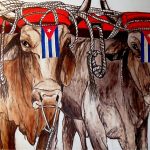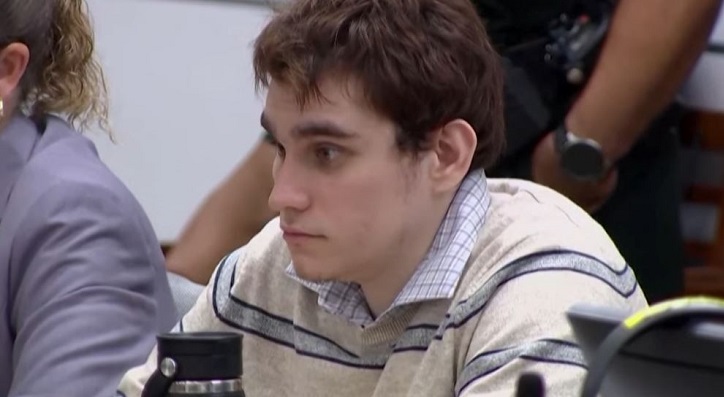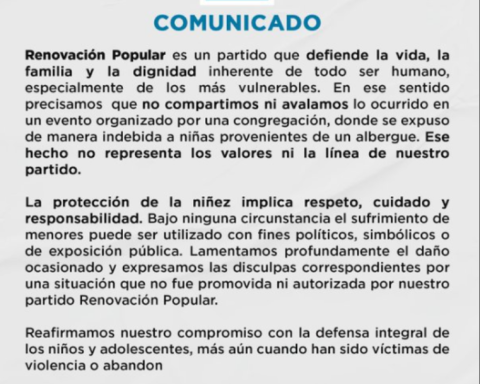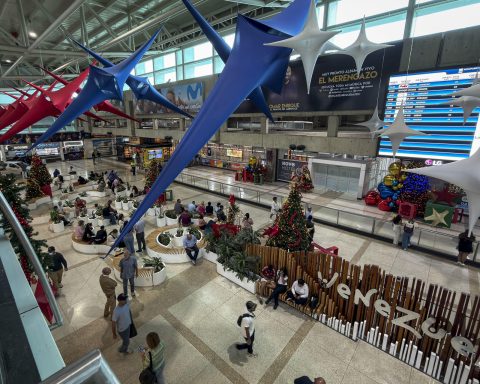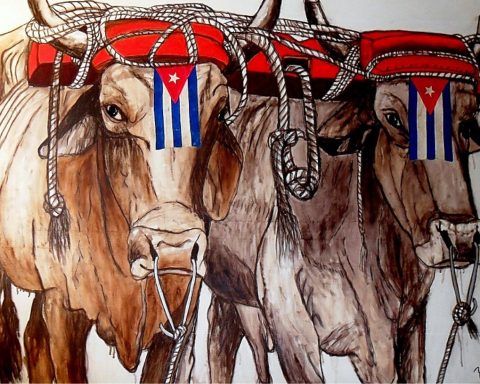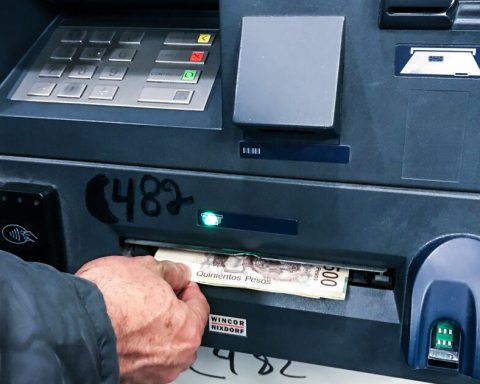Carlos Fernando Ramirez Castano He is 57 years old and in 1992 he started working as a ground freight transport driver: He created his company, grew little by little and managed to consolidate himself with three trucks. Thanks to his profession, and together with his wife, he raised his two children. And in three decades in the sector, cwith some high moments and some low, It is the first time, as of September 2022, that you feel in an economic situation “very difficult” at your job.
(See: Inflation even in the soup: how has it affected restaurants?).
“Since 2020, in the middle of the strong year of the covid-19 pandemic, things began to get complicated. Later, in 2021, the social explosion that occurred screwed us up. Now, in 2022, prices are through the roof and transporters are in bad shape, ”he says.
Carlos Fernando has been a transporter since 1992.
private file
Charles Ferdinand he knows cargo transportation and the country well. He has worked with refrigerated products, raw materials, household items and flowers, among others. And he has traveled the Caribbean Coast, the Pacific, the Andean region. But, he manifests, there are no guarantees for your business at present.
“At the moment, transport in Colombia is very competitive and very poorly paid. To this I add that the roads are very bad, the tolls are very expensive and there are many protests that, being on the road, leave us adrift”, he maintains.
(See: The dependence of your pocket on the minimum wage and inflation).
His economy, he says, is full of broken: food prices rose; hotels are expensive; the parking lots are priceless and the maintenance of the vehicle, on tires; spare parts and technical and mechanical revisions; up and up.
“Before, I paid for a normal breakfast, not the best in the world, between 10,000 and 12,000 pesos. Now, a normal breakfast, I insist, costs me 20,000 pesos. In the case of car maintenance, the costs rose between 10% and 15%”.

Carlos Fernando takes advantage of his trips to get to know the places he reaches.
private file
In the case of fuel, it uses ACPM for its vehicles. Although the National Government assured that it will maintain its prices until June 2023, Carlos Fernando has had an extra expense related to this item: urea.
This chemical compound has entered his ‘basket’ on account of the renovation he made to his fleet.
“Modern cars are requiring urea to be friendly to the environment”, narrates.
And how does this product work? “It is a component that, when mixed with ACPM, does not produce smoke and is friendly to the environment, but not to vehicles: urea has made room for us, it is more expensive than ACPM itself”.
(See: Inflation and poverty: prices go up and the poor get poorer).
As he explains, urea has its own tank. In your specific case, for a long trip, pays 350,000 pesos for fuel and 70,000 pesos for urea. But while the first lasts for several days, the second must be recharged after two days.
“My overhead at work, all things considered, went up 25% to 30%,” he adds.
The blow is greater, he asserts, because, while the amount he has to invest in his trips is increased, he is paid the same as he was a couple of years ago. In addition, he adds, there is unfair competition.
“First, I can’t raise what I charge. Second, they allow lower tonnage cars to load almost the same as high tonnage cars, and they load it cheaper. So companies save costs with smaller vehicles.”

Carlos Fernando says that, in recent times, there have been many protests on the road, which makes his work difficult.
To pay for the extra money you are using, you have to look for more work, which is difficult to find, and cut back on your fun and recreation: Fewer outings to eat, to the movies, to walk because of the obligations for which you must respond.
“This is already like this. The high prices we live with now are not going to go down. We are disadvantaged and we only hope that they pay us better”.
The situation in the city
Nelson Mauricio Gallo Alfonso He is 48 years old and has been working as a taxi driver in Bogotá, the Colombian capital, for 25 years. At 23, he entered the business motivated by acquaintances who he saw were doing well as public service drivers.
His profession has allowed him to buy an apartment and pay for his daughter and son’s university. However, if it rains on the road, it does not clear up on the city roads and Nelson Mauricio does too is feeling the ravages of inflation.

Nelson have been in the transportation industry for 25 years.
private file
Gasoline did go up for him, as well as food, spare parts and labor in the workshops.
“For telling you what I invest in food: two years ago, I had a 7,000-peso hit for lunch. Now the cheapest I find is 12,000 pesos,” she says.
(See: ABC to understand what a recession is and how it would affect your pocket).
Regarding gasoline, he assures that he and other fellow taxi drivers met with President Gustavo Petro, who explained to them that the rise in fuel was necessary, and “we understand the increase”.
“President Petro explained to us that the increase is worldwide and that, in the case of Colombia, fuel must be increased or the existing deficit will deepen and we will all be affected. The Government can be blamed, but it is not clear what needs to be done to balance the country’s finances“, remember.
And, in general, he comments that his monthly expenses have become more expensive at around 700,000 pesos.
How do you manage to answer for that extra money? Looking for other options, selling products and leaving his days in two hours, although he recognizes that people have stopped using taxis for the value of the races.
“Users complain a lot about the price, so the number of trips has decreased. In my case, thank God, I have been in this for many years and I have my clients, who look for me for private tours. But, without a doubt, the use of the taxi has gone down”.

Nelson selling some products in his taxi.
private file
He also points to the mobility applications that exist in the city as possible effects of the bad economic times that his union is experiencing.
“The issue of apps is not legalized in Colombia and this monopoly is something impressive, so it is difficult to compete against them. We have had this problem for 7 years: they came and took over the business and it is very difficult to get them out”.
(See: Hunger in Colombians, a “silent” effect of inflation).
Although he believes that the economic situation in his sector will not improve soon, he states that in the meeting they had with andhe President Petro proposed to create a gasoline subsidy for taxi drivers, “what will be evaluated”.

Nelson with his family.
private file
transport inflation
As of September 2022, annual inflation in Colombia was 11.44%, the highest in more than 23 years (in April 1999 it was 11.17%).
As for the transport industry, the annual variation of inflation in this item, to the ninth month of 2022, it was 9.59%. And its contribution to the figure of 11.44% was 1.23 percentage points.
“Transport is a service that the National Administrative Department of Statistics (Dane) measures in the Consumer Price Index (CPI) and when the Government announced the dismantling of fuel subsidies, it was impacted, since one of its inputs was going to start to go up”, he explained Andrés Felipe Giraldo, director of the Department of Economics at the Javeriana University.
Giraldo explains that the prices of land transport for passengers and cargo are regulated in the country (not those of mobility applications), so drivers are ‘tied down’ and cannot increase their prices just because.
(See: Inflation ‘in Spanish’: ABC of the phenomenon that worries the country).
“Prices are regulated and in order to increase them they must have permits, for which, ultimately, the situation hits them hard. In the case of the cargo sector, which goes to ports to load: there is a price of 100 and maritime transport was raised from 20 to 30, so they no longer have 80, but 70 to distribute in other costs, salaries, tolls, and that affects your earnings”.
Here it is worth recalling the theme of freight (for cargo), which is a cost paid for moving a volume of merchandise from a point of origin to a point of destination.
“Freight is calculated according to the Sisetac 2.0 of the Ministry of Transport and includes general parameters for a trip (such as distance in kilometers and hours of travel), fixed costs (such as vehicle fee and salary of the carrier), variable costs (such as fuel, tolls , tires) and other costs (such as driver’s commission, ICA, source rete“, said Juan Harvey Castro Trujillo, director of the International Logistics and Production Management undergraduate program at Universidad El Bosque.
Professor Castro affirms that inflation has effects on land transport to the extent that the cost for users will rise, since they increase spare parts, supplies, maintenance of vehicles and fuel, among others.
“In passenger transport, the user will allocate less money from his income to the cost of tickets to satisfy his basic needs. As for cargo transportation, more costs are generated for freight and the sale price will be transmitted to the public, who ends up paying more money for the products transported to the points”.
(See: What has risen the most in price in the last year in Colombia).
Professor Giraldo, from Javeriana, for his part, says that entrepreneurs, in the case of cargo, have had high costs: “The reactivation of the market has had delays and the opening of the ports has not been homogeneous. You also have to add the cost of the containers”.

In August of this year, 779,610 freight transport trips were made.-
Archive THE TIME
Cargo or passengers, which suffers more?
Giraldo affirms that passenger transport has had a worse time.
Castro says that both are beaten and goes further: “Inflation affects the pockets of consumers, who, to satisfy their basic needs, will have to buy fewer mass consumption products and travel less. The worrying thing is that in the matter of land cargo transportation, the rate of robberies and insecurity on the roads of the national territory can increase.”.
What both experts agree on is that the increase in the cost of the transport service impacts the entire production chain, which increases the prices of products in the market.

Taxi drivers in Colombia.
Archive THE TIME
And they conclude by saying that transportation problems are a direct influence on retail prices for mass consumption products, such as food.
BRIEFCASE
